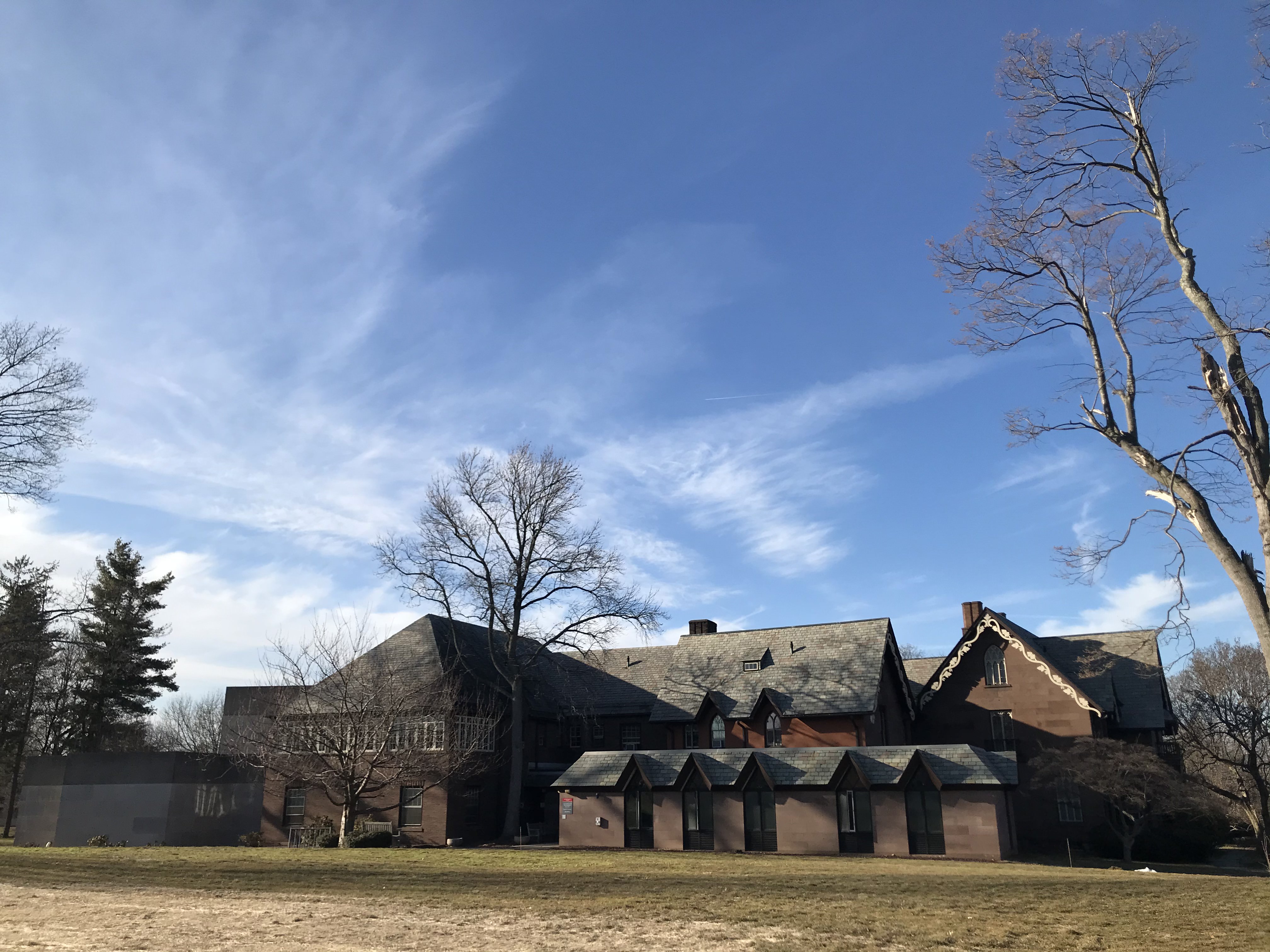
c/o Nathan Kolodney, Staff Photographer
The University’s Pandemic Planning Committee released new changes to COVID-19 restrictions in a campus-wide email on Tuesday, March 9.
The email announced that the administration has opened limited indoor dining at Usdan Marketplace in addition to grab-and-go options. Students may travel into Middletown for a wider range of purposes, with the exception of dining at restaurants and visiting fitness centers. Students may also visit wood frames and apartments. However, they must continue to wear masks, maintain six feet of distance from others, and abide by indoor COVID-19 capacities.
While the number of new COVID-19 cases in Middletown has declined from 269 new cases per week in early January, Middletown is still at “red risk level,” with 43 new cases in the week of Feb. 28. At the time of publication, the University’s alert level remains at yellow, with 11 confirmed active cases of COVID-19 on campus, including nine students and two employees. Additionally, 15 close contacts are currently in quarantine housing. According to the campus-wide email, the University believes these cases are due to students interacting with each other without masks.
“We have not had reports of large gatherings, but we have had situations where students have been in rooms with others without masks,” Culliton wrote in an email to The Argus. “I believe what the medical staff has learned through contact tracing has borne this out as well.”
Culliton emphasized that the University carefully considered many health-related factors before deciding to loosen restrictions.
“The Pandemic Planning Committee reviews the campus positivity rates, the Middletown rates, and information from the department of public health and state officials,” Culliton wrote in an email to The Argus. “The changes that we made this week reflect our current thinking on what can be allowed while working to reduce the risk to the campus community.”
The University opened limited indoor dining in Usdan this week. To improve the flow of students out of Usdan this semester, Bon Appétit moved the drinks stations out of the hallways and into the dining rooms. Seating has been rearranged from last semester to facilitate this change.
Following the end of arrival quarantine on Monday, Feb. 22, students could leave campus only for medical appointments and to travel to grocery stores and pharmacies in Middletown. As of Tuesday, March 9, students may now also travel into Middletown for work, internships, retail shopping, and take-out dining. Students seeking an exemption to travel outside of Middletown must first obtain approval from the Davison Health Center.
“Part of what we have learned is that indoor activity is a greater risk than outdoor activity, meeting without masks is a greater risk than wearing a well-fitting face covering and being within six feet is greater risk than being further apart,” Culliton wrote. “We would ask students to make sure that the business[es] that you visit are taking precautions like wearing face coverings to reduce [the] risk to you.”
In addition to the relaxation of travel restrictions, students who live in wood frames or apartments may now invite other students to visit. While students can still visit other students in the same residence hall or program house, they cannot enter residence halls or program houses in which they do not reside.
“Keep in mind the COVID capacity applies to the entire house or apartment, so communication with roommates is essential to ensure compliance,” Culliton noted in the campus-wide email. “Community Advisors (CAS) are available to advise housemates on having these conversations and negotiating terms to ensure everyone feels comfortable.”
Culliton reiterated that students and employees should continue to regularly get tested for COVID-19 and schedule their tests online through WesPortal. Since the fall 2020 semester, the Broad Institute has added a second probe to its COVID-19 test, increasing the sensitivity. If one probe detects the virus and the other does not, the test result is “inconclusive.” At the time of publication, 16 students and one employee have tested inconclusive since the start of the spring 2021 semester.
“This usually means that the test is finding lower levels of the viral genetic material which means we may be catching the illness in an earlier stage,” Medical Director Dr. Tom McLarney wrote in an email to The Argus. “We will then notify the student, have them be vigilant with face covers, distancing and other measures of precaution. We will repeat the test in 2-3 days. If negative, it is negative, if positive or if another inconclusive, we will treat [it] as positive.”
Students seeking clarification on the University’s COVID-19 restrictions and procedures should contact Dean Rick Culliton at rculliton@wesleyan.edu.
Elias Mansell can be reached at emansell@wesleyan.edu.
Comments are closed